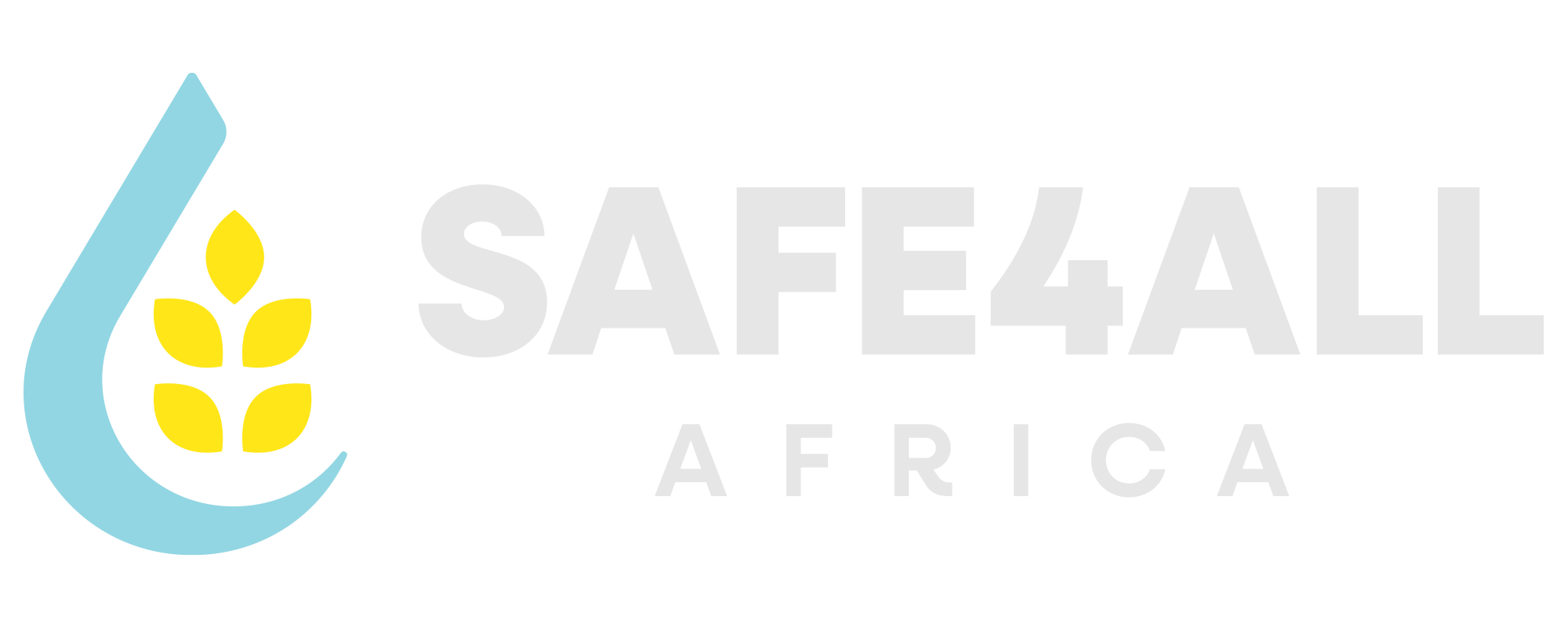SAFE4ALL Africa Kenyan Team Showcases Climate Resilience Tools at JKUAT Conference March 25, 2025 Harnessing Innovation for Sustainable Development in African Communities The Jomo Kenyatta University of Agriculture and Technology (JKUAT) recently hosted its annual Scientific, Technological, and Industrialization Conference at its Main Campus in Juja, themed “Promoting Research and Innovation...
Read More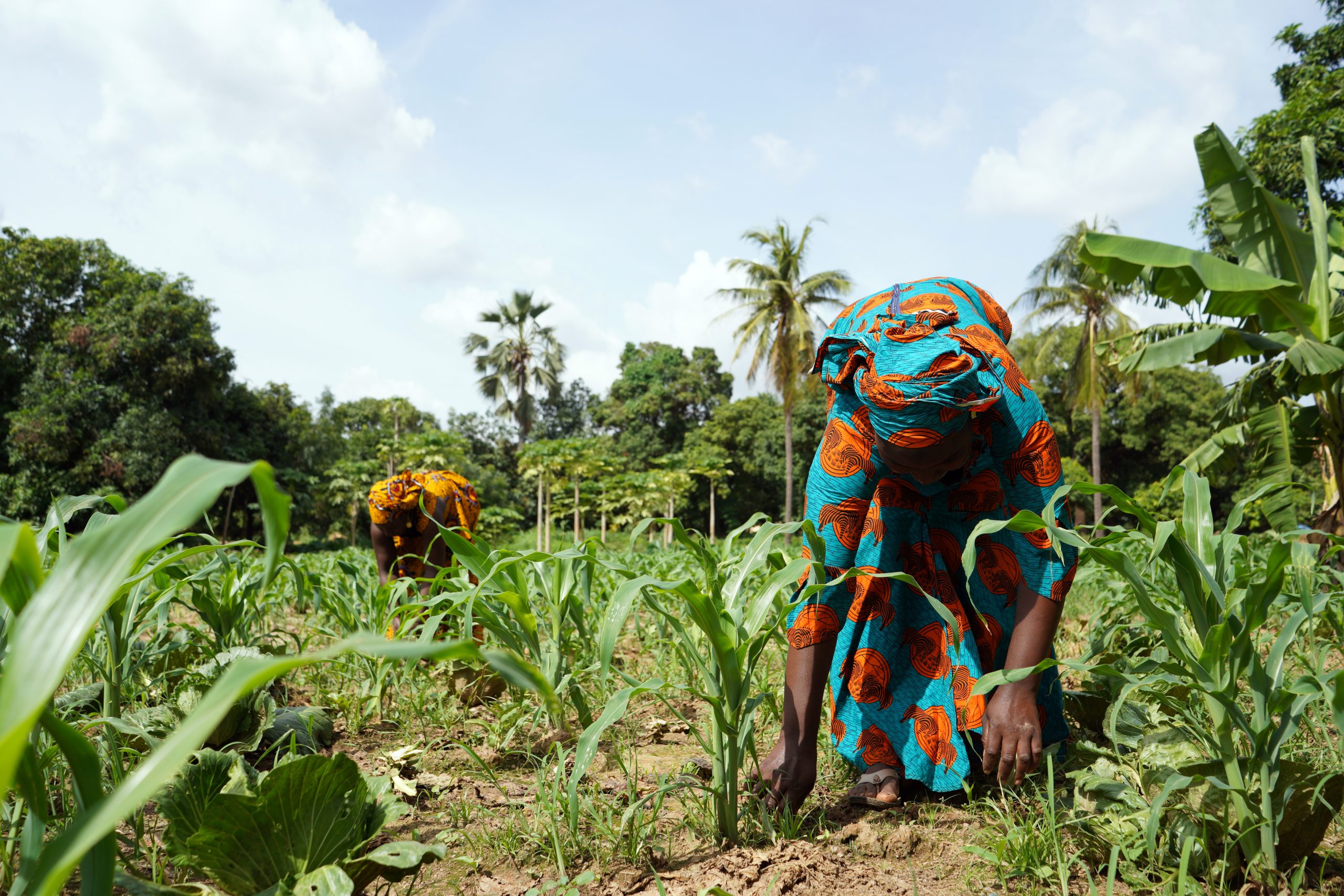
Safeguarding African Foodsheds and Ecosystems for all Actors across Local, regional and international Levels to manage migration (SAFE4ALL)
SAFE4ALL aims to harness the EU climate services landscape and leverage it with local knowledge from African case studies to co-create information and facilitate its uptake at the local to district and regional levels.
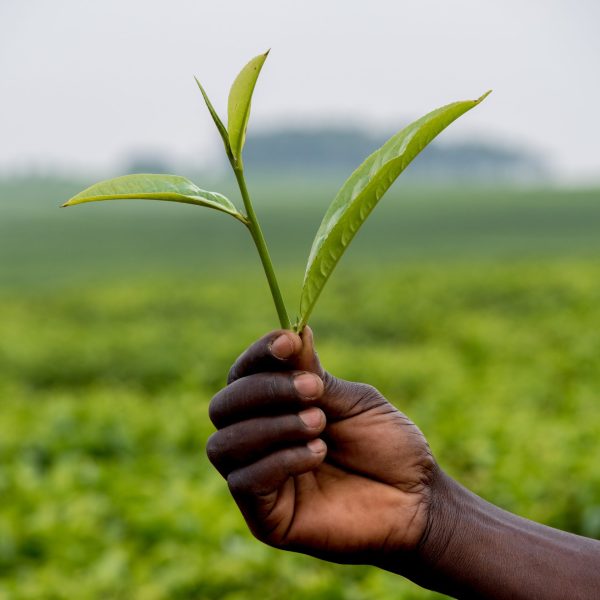
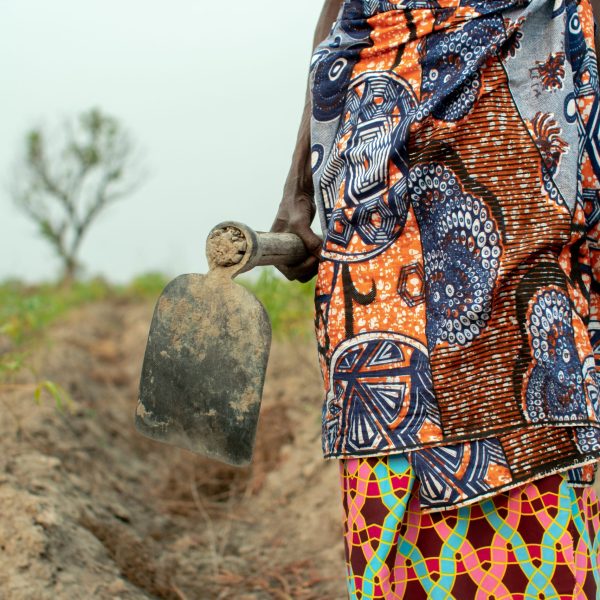
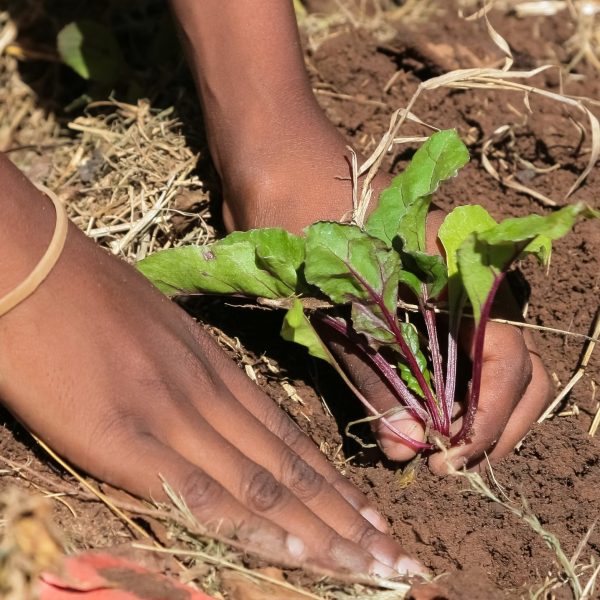
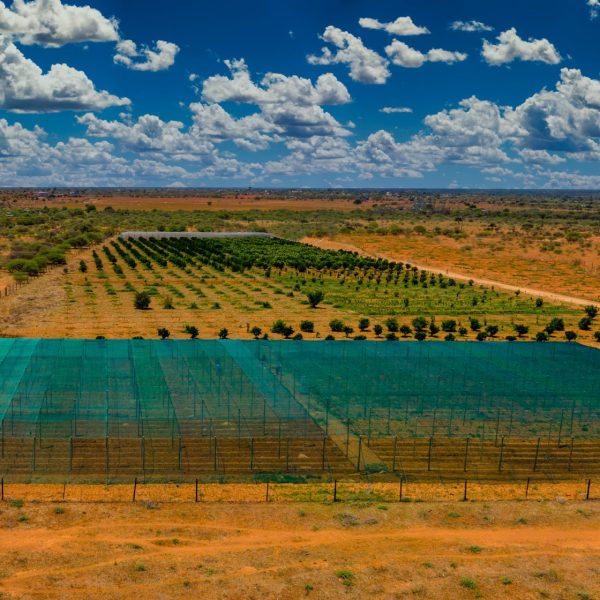
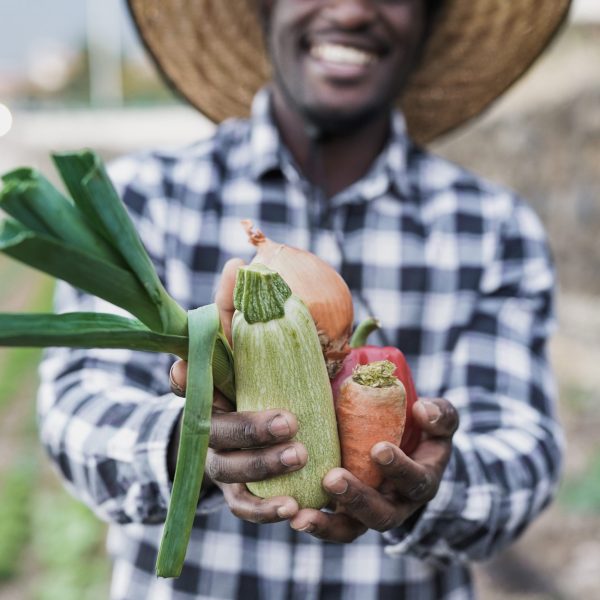
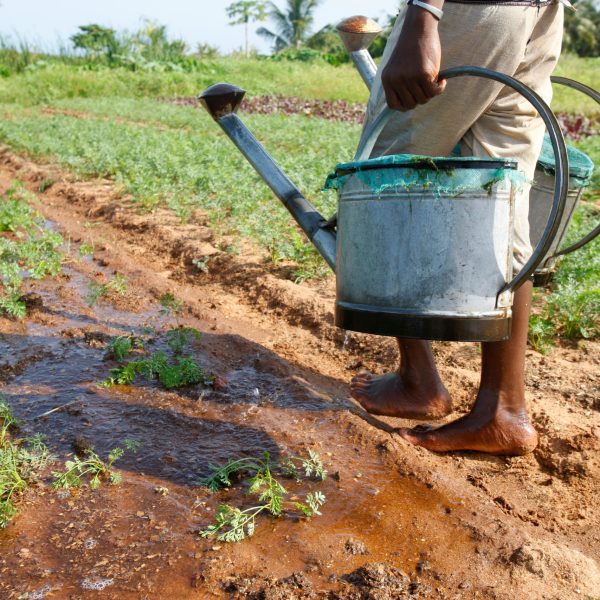
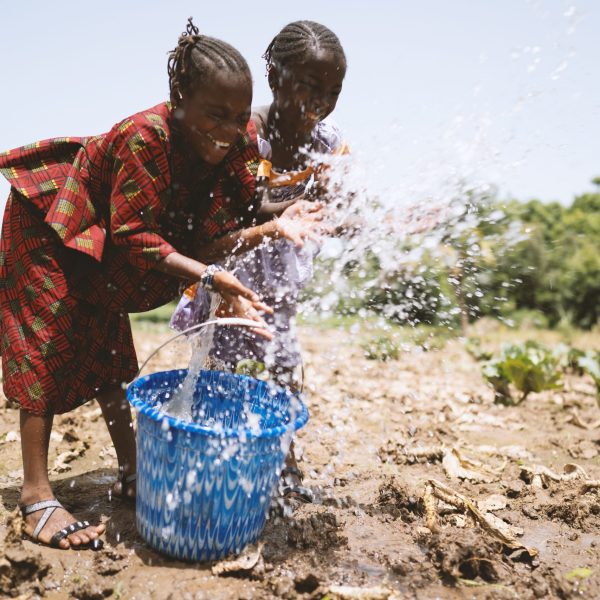
Our Objectives
SAFE4ALL aims at addressing food security, disaster management and migration issues with the prime objective to better support local and regional actors in decision-making to safeguard African foodsheds and to build resilience in communities across scales.
Latest Articles
Melting Glaciers and Water Security in Africa
Melting Glaciers and Water Security in Africa March 19, 2025 The retreat of glaciers on Mount Kilimanjaro and Mount Kenya is more than just a local issue—it is reshaping climate patterns across Africa. As these ice reserves shrink, they disrupt regional water cycles, leading to unpredictable rainfall, prolonged droughts, and...
Read MoreUliza-WI Chatbot – A Powerful Platform for the Next Generation of Climate-Smart Agricultural Solutions
Uliza-WI Chatbot – A Powerful Platform for the Next Generation of Climate-Smart Agricultural Solutions February 27, 2025 In regions vulnerable to climate risks, timely and accurate weather information is crucial for enhancing food security and building climate resilience in local communities. As part of the SAFE4ALL project, Weather Impact introduces...
Read MoreConcepts
Mainstreaming and accelerating climate adaptation within local community decision-making, and building climate resilient societies, requires collective action. SAFE4ALL provides research output that leads to the development of new and bundling of existing climate services through co-creation cases situated across vulnerable locations in Africa.
Some main concepts in the methodology of the SAFE4ALL project are:
1. Alignment of the development of climate services with local adaptation policy needs and requirements through co-creation cases through active and continuous stakeholder engagement in LivingLabs.
2. A holistic approach and perspective on urban-rural linkages. The foodshed concept will be used to understand how intra- and international migration patterns will affect the balance between food demand and supply for growing cities in a changing climate.
3. Improved uptake from enhanced climate services tools and making them fit for purpose and customizable, and secure post-project business models and modes for sustainable implementation.
